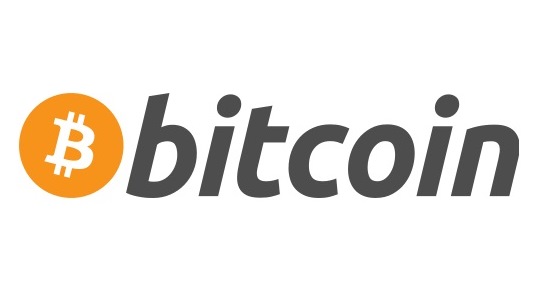The mystery behind Bitcoin is getting even more mysterious. The virtual currency keeps hitting new highs each day, and this is coming ahead of congressional hearings and regulatory bodies wanting their own form of control over it. The problem is that Bitcoin is extremely hard to regulate and is proving nearly impossible to control. After hitting an astronomical $600 on Monday, the new question to ask is what could and would drive Bitcoin to $1,000 while understanding at the same time that the value could drop to zero.
Several things would have to take place for Bitcoin to hit $1,000. The first thing to consider is that there are no limits to the value of the 21 million units. The value of something is whatever someone will pay for it. Bitcoin is the official currency of no nation. It has no central bank. It has no army to defend its interests. And it has no underlying set of laws of the land that keep it from being used across borders.
The Mt.Gox quote site is perhaps the number one site for measuring Bitcoin’s value, and this showed it hitting $600 for the first time on Monday. Keep in mind that Bitcoin was valued at $165 just a month ago.
The first thing driving the value ever higher is of course demand. That demand from buyers is being driven by wider acceptance by merchants internationally. The Winklevoss twins are huge backers and are becoming vastly wealthy off of Bitcoin, owning what is believed to be 1 million Bitcoins. They want to have a Bitcoin ETF and filed for one to become legal. SecondMarket also filed for a Bitcoin trust as well.
Congressional hearings and regulatory bodies are holding discussions and hearings on virtual currencies, which of course includes (or targets) Bitcoin. Their aim may not be to destroy it but to figure out how to deal with it. Fed Chairman Ben Bernanke even sent a letter to a Senate committee showing that virtual currencies could pose risks over law enforcement and regulatory matters, but they also hold long-term promise if they promote a faster, more secure and more efficient payment system.
Taking Bitcoin higher and higher, at least without regulatory interference, is simply a measure of supply and demand. Bitcoin’s own open-source website says:
Bitcoin uses peer-to-peer technology to operate with no central authority or banks; managing transactions and the issuing of Bitcoins is carried out collectively by the network. Bitcoin is open-source; its design is public, nobody owns or controls Bitcoin and everyone can take part. Through many of its unique properties, Bitcoin allows exciting uses that could not be covered by any previous payment system.
One thing that makes Bitcoin so unique is that only 21 million Bitcoins will ever be created. If the Winkelvoss twins own 1 million of them, then there are really only 20 million Bitcoins out there. Then you have to factor in the other early adopters who are holding them.
The limitations, or lack thereof, of Bitcoin can be found at the Bitcoin FAQ. This shows that the value could be limitless, which implies the possibility of $1,000 or far higher in price. It also admits that the value could become not just worth less, but worthless.
In 20 Years, I Haven’t Seen A Cash Back Card This Good
After two decades of reviewing financial products I haven’t seen anything like this. Credit card companies are at war, handing out free rewards and benefits to win the best customers.
A good cash back card can be worth thousands of dollars a year in free money, not to mention other perks like travel, insurance, and access to fancy lounges.
Our top pick today pays up to 5% cash back, a $200 bonus on top, and $0 annual fee. Click here to apply before they stop offering rewards this generous.
Flywheel Publishing has partnered with CardRatings for our coverage of credit card products. Flywheel Publishing and CardRatings may receive a commission from card issuers.
Thank you for reading! Have some feedback for us?
Contact the 24/7 Wall St. editorial team.



